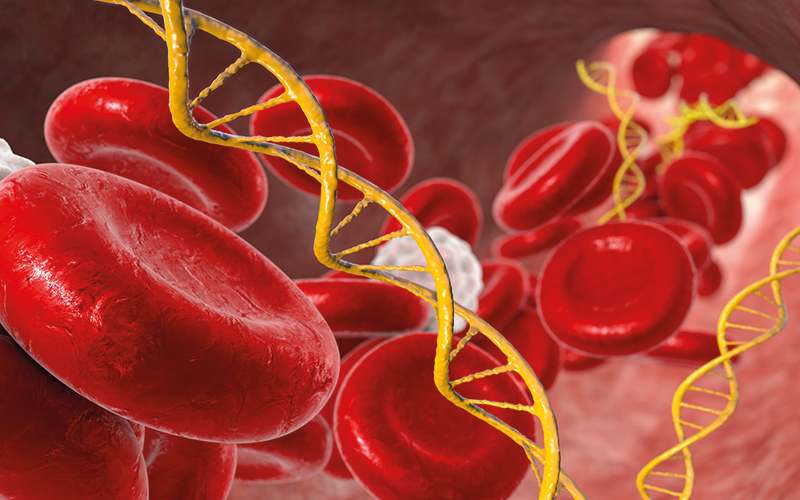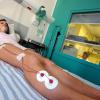A US-led research team has reported successful results from an experimental cell-free DNA (cfDNA) cancer-detection system that is claimed to be cost effective.

Their work highlights an approach that offers more than 12-fold cost-savings over conventional methods to sequence cfDNA methylome, along with a computational model to extract information from this DNA sequencing to aid early detection and diagnosis.
CfDNA methylation has been shown to be one of the most promising biomarkers for early cancer detection.
However, the signatures of cfDNA aberrations from diverse cancer types, subtypes, stages and aetiologies are heterogeneous, leading to challenges in identifying methylation markers suitable for early detection.
Profiling cfDNA methylome can address this challenge, as it retains the genome-wide epigenetic profiles of cancer abnormalities.
Image Credit | Science-Photo-Library



